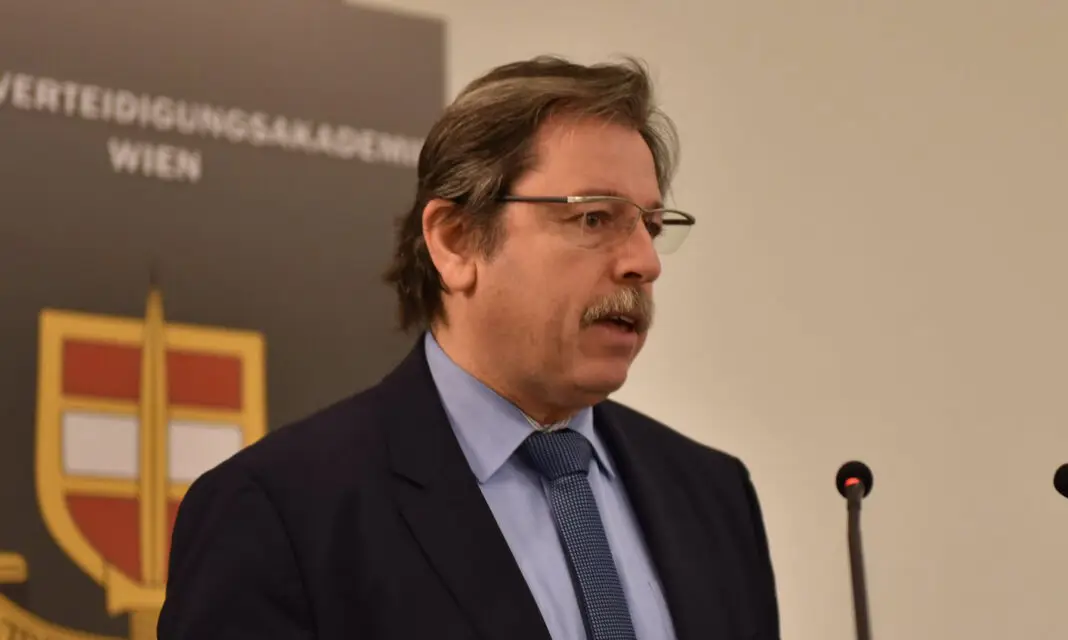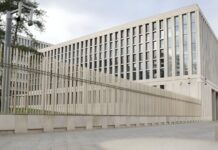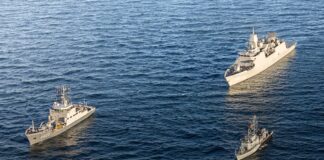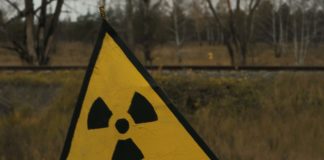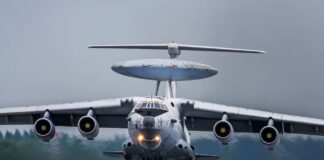This time, our five questions go to Walter Posch from the National Defense Academy in Vienna. We asked the Iran expert what impact the fall of the Assad regime on Iran’s position in the region.
Mr. Posch, Tehran has supported the Assad regime with its militias for years. Why were they unable to stop the rebels’ advance?
Tehran’s support was provided within the framework of precise military agreements with the Syrian authorities. Without sufficient will to fight on the part of the Syrians, the deployment of the militias makes no sense.
“Syria is now the linchpin of the rollback of Iranian influence.”
Tehran and state-affiliated media have repeatedly indicated that they would approve of a counter-revolution in Syria. What opportunities does Iran have to stir up conflict in Syria?
That is difficult to say today. Contacts with the remnants of the Syrian regime still exist, of course, but the Iranians are pragmatic enough in principle to adapt to the new circumstances. On the other hand, the HTS originates from Al-Qaeda, an arch-enemy of the Shiites in general and the Iranians in particular.
In an interview on the Saudi state broadcaster Al-Arabiya, Al-Sharaa emphasized that Saudi Arabia would play a “major role” in Syria’s future. Will Riyadh now replace Iran as the big player in Syria?
Syria is now the linchpin of the rollback of Iranian influence. It is likely that Saudi Arabia, or rather its intelligence services, played a role in the rise and ultimate success of HTS, alongside Turkish, Qatari and others. The question, however, is whether Syria will position itself between Turkey and Qatar on the one hand and Saudi Arabia on the other under HTS/Al-Qaeda. https://militaeraktuell.at/die-fliegenden-feldstecher-des-bundesheeres/
To what extent does Iran’s weakening in Syria affect its position in the region?
Dramatic! Iran has lost Syria and the partnership with Syria goes back decades, actually to the time before the current regime and was always directed against Iraq. This became particularly clear during the long war with Iraq (1980 to 1988) and after the end of the war with the founding of the so-called Axis of Resistance, which essentially consisted of Iran, Syria and Hezbollah. Syria was particularly important for coordination and cooperation with Palestinian groups, with whom the Iranians had a complicated relationship.
“Against this backdrop, Iran’s relationship with the Taliban is becoming increasingly important.”
To what extent could the loss of important partners in the region and the associated weakened position of the regime affect the domestic political situation in Iran?
The civil society protest movement known in the West only poses a problem for the regime if it is paralyzed by internal tensions. This is not currently the case, which is not to say that this could not change. Nevertheless, the loss of credibility among its own population weighs heavily. This is because the regime has defensively justified its involvement in the region as forward defense against Al-Qaeda and the Islamic State. At present, Iranian civil society is not the most pressing problem for Iranian decision-makers. They assume that the West actively and passively supports radical Sunni jihadism in general and the successor organizations of Al-Qaeda and the Islamic State. Tehran’s first priority is therefore to neutralize armed jihadist groups from this environment as soon as they become active in Iran. This is particularly the case in Baluchistan, i.e. on the border with Pakistan and Afghanistan. Against this backdrop, Iran’s relationship with the Taliban is becoming increasingly important.
Click here to read the other articles in our “5 questions to” series.

